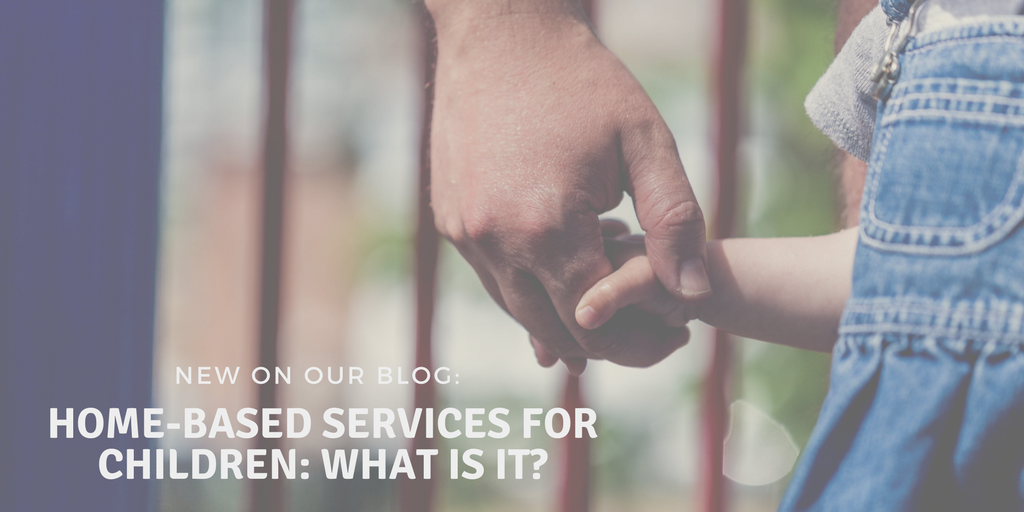
by Sara Hart | Feb 18, 2019 | Blog
Every teenager is going to experience pressure at some point in his life – pressure to achieve academically, pressure to fit in, pressure to establish a career path, etc. With the increasing demands put on teens today, it’s essential for them to understand the importance of mental wellness. Developing self-confidence through mental wellness will make it easier on teens to resist peer pressure.
Mental health is just as important as physical health, and it’s crucial for teens to appreciate its role in wellness as they prepare to venture into the world on their own. Below, we offer a few tips on how to encourage your teen to prioritize mental health.
Teach coping skills
Learning how to deal with and conquer negative emotions takes time. Work with your child to establish healthy coping skills that will ease the stress of the daily struggles he faces. Coping techniques can be different for every teenager, so work together to find what works. The goal is to establish a habit that will help your child put his negative feelings into perspective, allowing him to seek a healthy solution.
Be open to having hard conversations
It’s no secret that talking with teenagers about controversial subjects …

by Sara Hart | Jan 21, 2019 | Blog
It’s no secret – sleep is an essential factor when it comes to your child’s overall health and development. While a few bad nights can be normal, children with persistent sleeping problems could lead to temperament, learning and social behavior issues. Below, we outline steps you can take to improve your child’s sleeping habits, ensuring they get the critical sleep they need to develop and function properly.
Bedtime bravery
For a lot of children, the looming thought of going to sleep can be anxiety-inducing. That’s why it’s important to help them face it with bravery. Try drowning out odd noises with a sound machine; illuminating the room with a night light; or re-labeling an air freshener bottle as “monster spray.” Stay consistent in helping them face their fear. If they wake up in the middle of the night, bring them back to their own bed – instead of resorting to letting them sleep in yours. In turn, celebrate your child’s good nights by using a rewards system such as a sticker chart.
Sleep environment control
Allow your child to take control of his or her bedtime routine by choosing which stuffed friend or blanket to bring to bed. Find an …

by Sara Hart | Jan 24, 2018 | Blog
One of South Bay’s most unique attributes is that the majority of our services are conducted outside of our offices, such as in community settings. Our Early Childhood clinicians frequently travel to homes, schools, foster homes, residential programs, churches, childcare programs etc. – wherever our consumers feel most comfortable.
We understand that inviting an outside party into your home to work with your child can be scary and intimidating. There’s also a common misconception amongst our consumers that a South Bay clinician is the only party involved in the child’s development. It takes a joint effort of the entire family and our Early Childhood team to ensure growth, stability and well-being during the child’s early years. We explain everything you need to know about home-based services for children below.
The clinician’s role
When serving a child, South Bay’s Early Childhood clinicians work with the entire family – not just the child. The clinician’s role is to identify developmental delays and provide support to families if there are environmental barriers that are contributing adversely and may impact the child’s development. Such barriers may include drugs, alcohol, traumatic birth, etc. Once the developmental delay is determined, clinicians provide consultation among the team …



